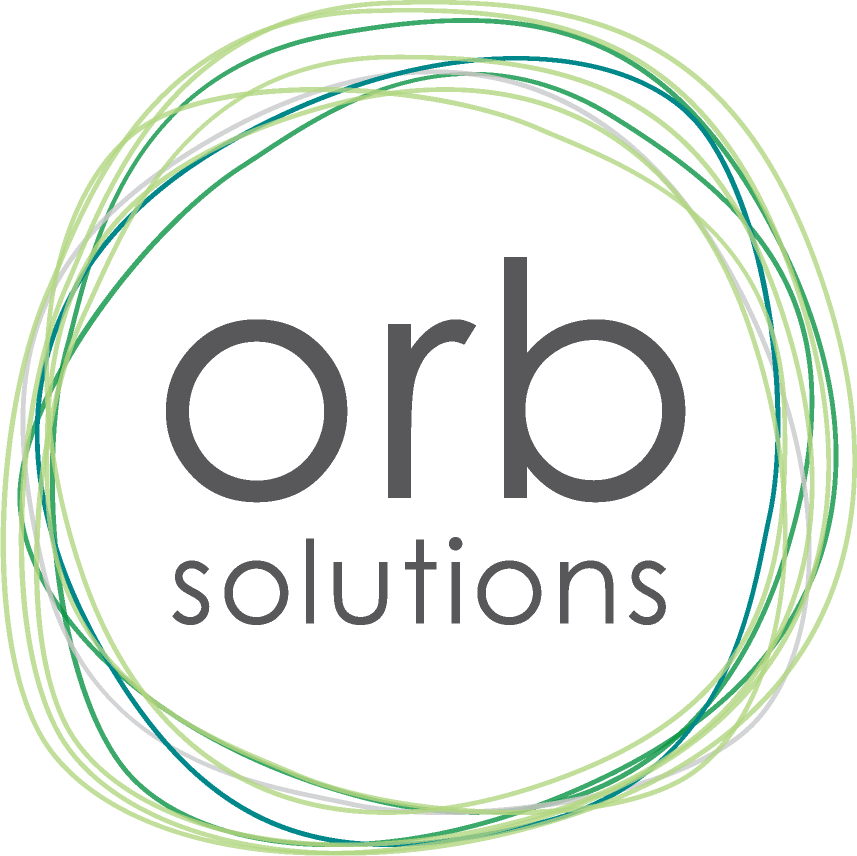Brave New World
We know the pace of change in our society appears to be accelerating and the accepted norms and behaviours we traditionally have operated from are being challenged.
For me this has been born out in a couple of examples.
I attended the SOCAP conference in Sydney (Society of Consumer Affairs Professionals Australia) and one of the keynote speakers was a 19 year old women, Alexia Hilbertidou (click here for more info), who is the founder of New Zealand’s largest organisation for young women. She described in her keynote presentation some of the characteristics being ascribed to her generation (Gen-Z). One of these characteristics is a belief they can and must take action both political and economic. They are not limited by a belief system that tells them they need to wait their time or follow a traditional approach. As an example, Alexia turned down the opportunity to use a significant scholarship to attend university, instead following her passion for creating a community of change for young women, (GirlBoss NZ).
A hallmark of Gen-Z is that they are more political than other generations. One only need look at Greta Thunberg and the impact her words and actions are having in raising awareness and making changes around climate change. 30 years ago to have a 16 year old, as a climate activist speaking to the United Nations would have been unheard of, let alone her voice being a catalyst for change.
Gen-Z’s approach to employment and their role within an organisation is radically different. I was told a story about a new employee of a large banking organisation who somehow got into the office of the CEO, introduced herself and told the CEO about how much they were looking forward to working alongside the CEO. The Gen-Z saw themselves as an equal in terms of contribution to the organisation.
Even the manner in which Gen-Z’s gain employment is radically different. They are not looking necessarily for a career path or even full-time employment. An example of this which struck me was about a recent University graduate, who had completed a Masters degree in the field of computer graphics. When it came time for the graduate to seek employment, he turned to the online community of those internationally who were doing similar work and sent a tweet which included his online bio, asking the online community to retweet it letting them know he was available for work.
Within a very short space of time he was approached by five international reputable companies seeking to offer him employment. The Gen-Z decided on a USA based company which allowed him to work remotely and on hours which fits his lifestyle and allows him flexibility.
So what does this mean for us who are not of Gen-Z?
be mindful and challenge our own assumptions and attitudes we have towards Gen-Z.
be open to the creative options which a Gen-Z might bring to your employment
value that they will speak their minds and expect to work with you, not for you.

